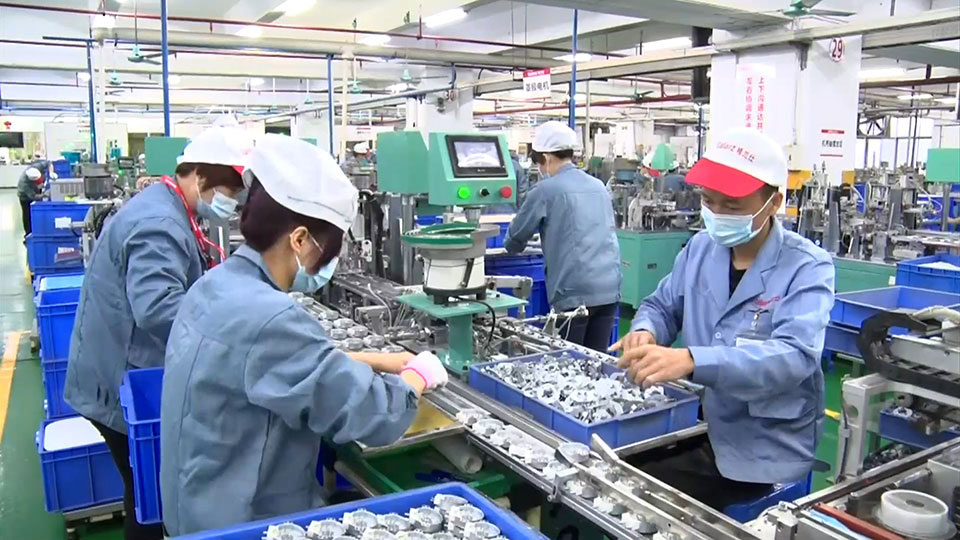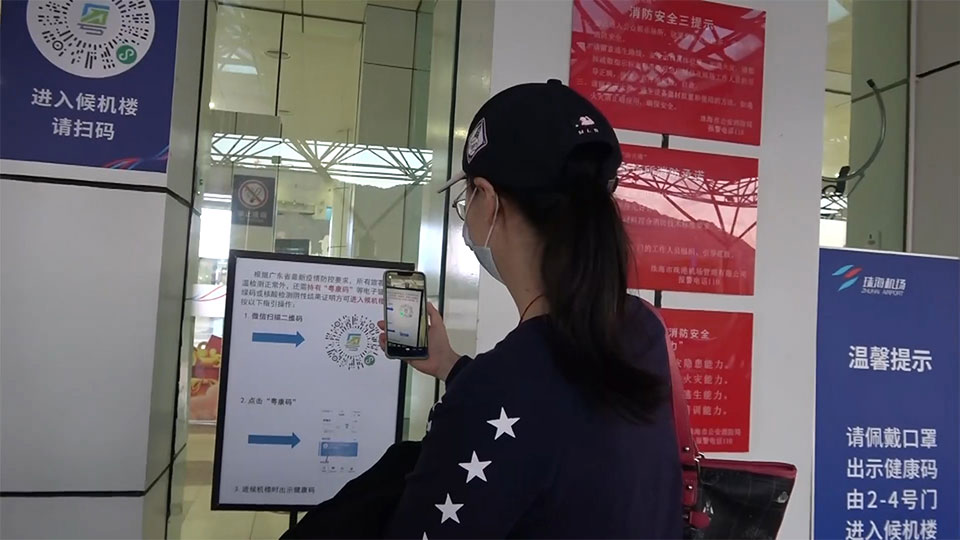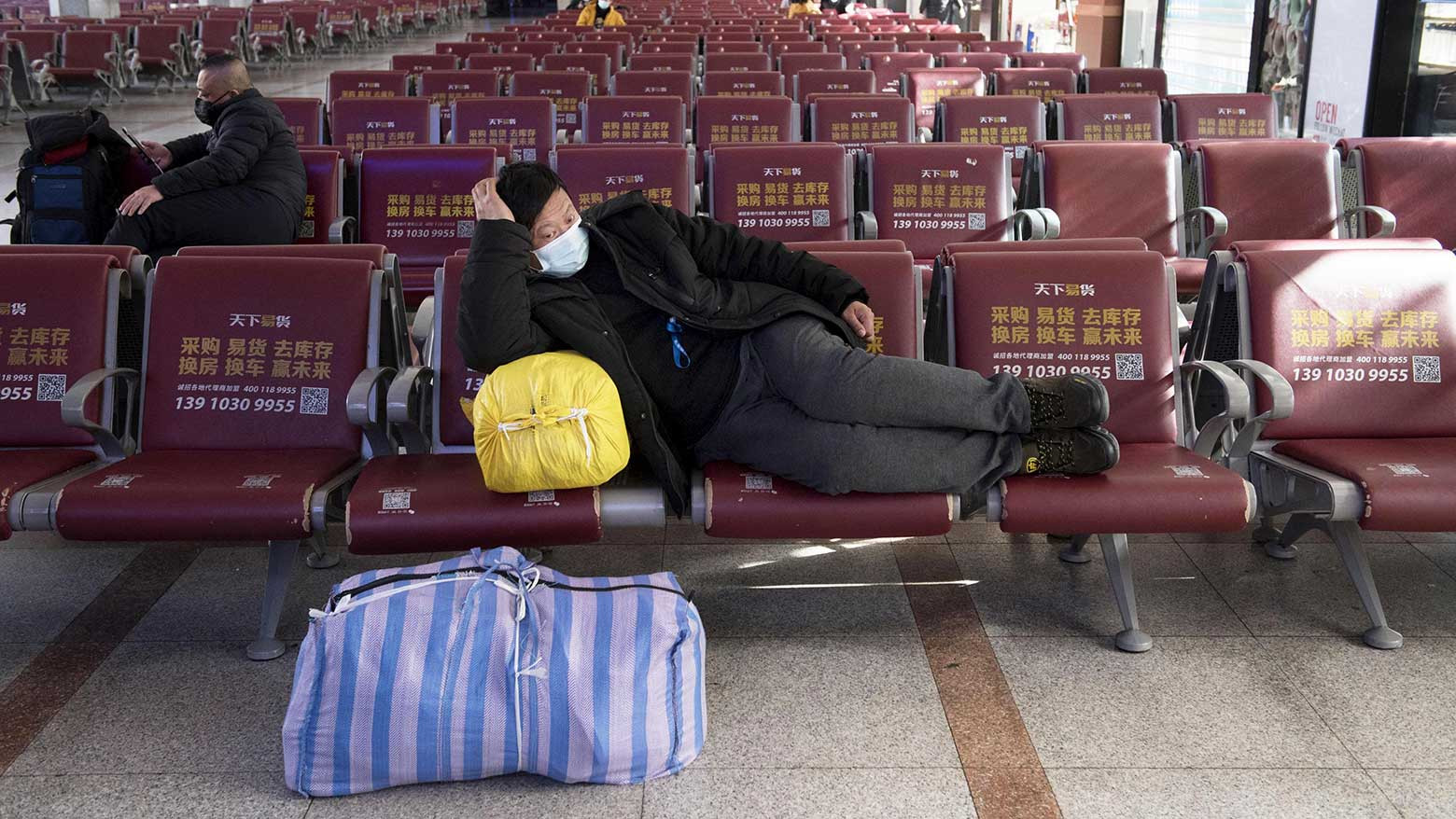China’s leaders have been encouraging people to stay put, hoping to avoid the mistakes of last year when the annual exodus was blamed for spreading COVID-19 from Wuhan to the rest of the country. This year, the government is calling on people to refrain from any non-essential travel.
In Guangdong Province, the managers of a home appliance factory are offering their employees a financial incentive to skip what’s traditionally the most important holiday of the year. They say about 60% have taken up the offer of flexible vacation days, plus daily payments of up to $100 a day for coming in to work.
“I really want to meet my parents, but I gave up this year,” said a 22-year-old employee from the inland province of Henan. “I want them to always be healthy.”

The government also came up with a financial prize to encourage people to skip the trip home. Residents of Shenzhen who hail from elsewhere can enter a lottery to win digital yuan. About 100,000 people received 30 dollars’ worth of the fledgling digital currency.
Strict measures
Those who do travel back to their hometowns have to navigate strict anti-coronavirus measures. Liu Yan is visiting her family in Hubei Province. She had to take a PCR test two days before the trip, and submit the results via a smartphone app to public health officials in her hometown. She also has to submit data through the app to show whether she has recently visited any high-risk locations.
And when Liu reached home, she had to self-quarantine for 14 days and submit daily records of her body temperature. She also has to obtain approval from a community association before going out.
Still, she understands all the extra vigilance this year. “We need these anti-virus measures to protect myself and others,” Liu says.

Professor Korogi Ichiro, an expert in Chinese politics at the Kanda University of International Studies, says the government has learned from its missteps last year.
“Authorities understand that the virus spread from Wuhan during the last New Year holidays, although they refuse to admit they covered up the initial stage of the outbreak.” he says. “They feel as though the world blames China for the pandemic, so they’re extremely keen to avoid a repeat.”
The government estimates more than 1.1 billion trips will be made during a 40-day period that includes the holiday week. That may sound like a lot, but it represents a 60% drop from two years ago. Early numbers suggest China may have done better this time. Though new infections were rising in January, the country has seen fewer than ten per day for the past week.


